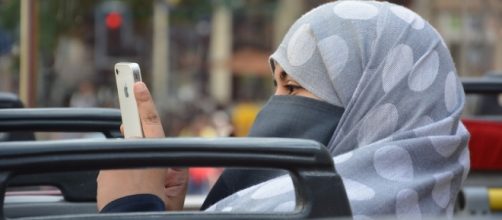Saudi Arabia is known to be a very conservative kingdom. They are an absolute monarchy ruled according to the Shariah law. An example is their ban on driving for women. While their policies may be deep-rooted in tradition, many activists do not agree. On September 26, the Kingdom announced that it will allow women to drive. The King announced it in a decree that was read on state television. This policy is in line with the program "Vision 2030" by Saudi Crown Prince Mohammed Bin Salman that aims to modernize Saudi Arabia. Activists are pleased with the decree which will take effect on June 2018.
Even United States President Donald Trump said that it was a "positive step towards promoting women's rights."
What could the Kingdom gain from the decree?
The international standing of the Kingdom has long been damaged by the policy which prohibits women drivers. It has become a symbol of oppression of women in the very conservative country. Hopefully, the Kingdom's reputation and public relations will benefit from the new decree. Saudi Arabian leaders also hope that this will help improve the economy by empowering women to be independent. Most of the women had to hire drivers or ask relatives to drive them to work. Cutting down on their driver's salary would mean more money in the bank. You might think that having a driver is cheap but they usually import chauffeurs from south and south-east Asia.
They are also obliged to feed, house, and insure them. Thus, having women learn how to drive themselves would allow families to cut back on costs.
How are people in the Kingdom reacting?
There are mixed reactions from the people of the Kingdom. While there are activists and people who welcome the degree with open arms, some are skeptical. For some of the men, they think that letting women drive would lead to promiscuity and may destroy the family. As families in Saudi Arabia are mostly patriarchal, some males in the country raised an eyebrow at the decree. Some religious people also said that letting women drive is (haram) or forbidden. Allowing them to drive would also mean bending the verses of the Sharia.
According to New York Times, after the implementation of the policy, an anonymous message calling the "virtuous" people to go against the implementation of the decree circulated on What's App. Several scholars and clergymen have also been arrested for their open rejection of the decree.


